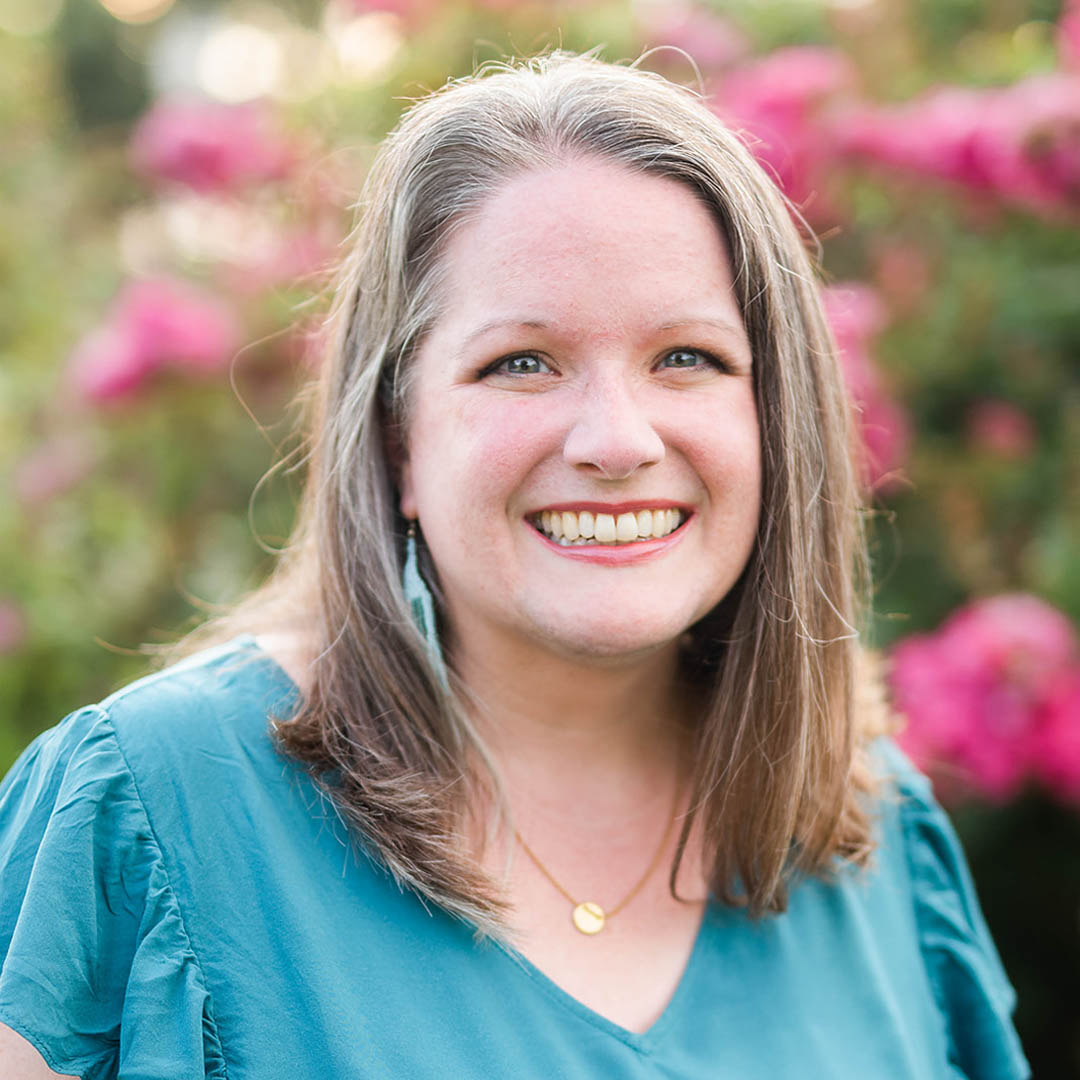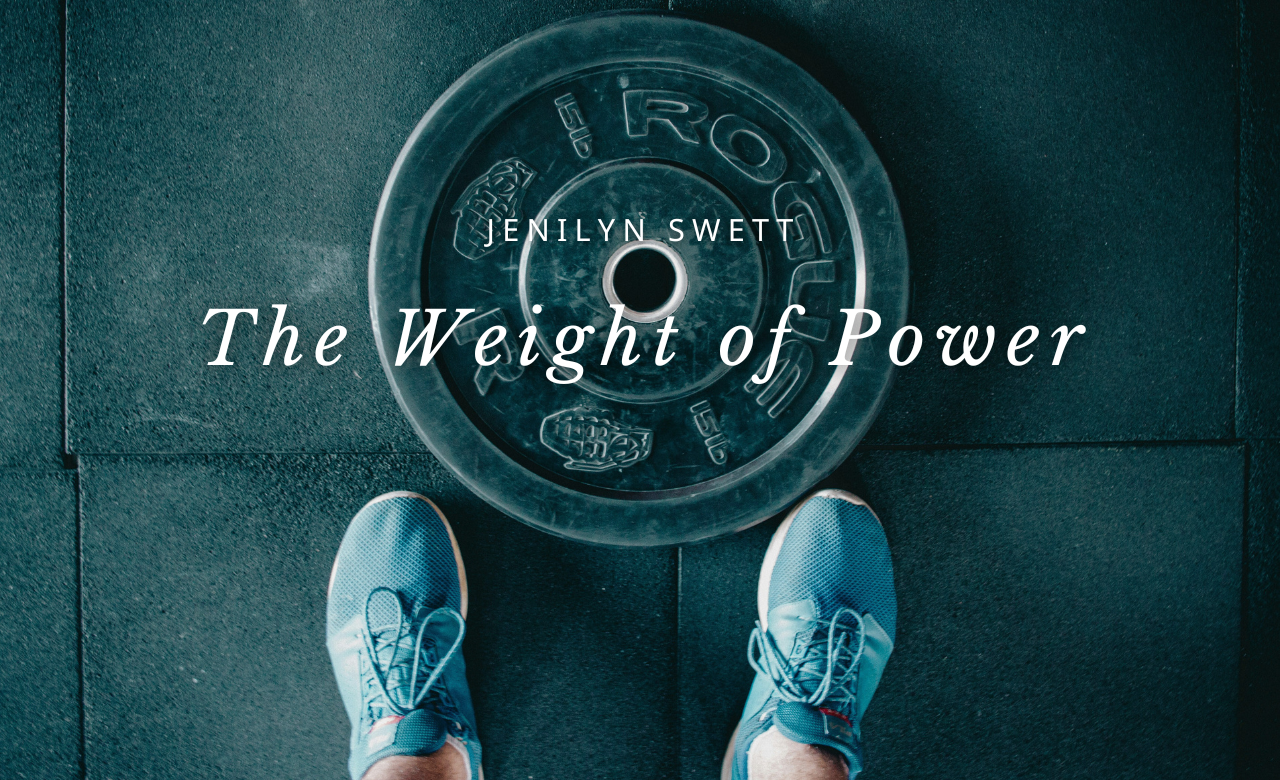One of the most important leadership lessons I learned in seminary was to pay attention to power: to recognize who has formal and informal power in a church system or organization and who doesn’t. It’s not always who you might expect! However, I’ve been surprised to discover how many pastors and ruling elders aren’t actively aware of the power they hold and how that power impacts their relationships with staff, especially women. What does it look like for these fathers and brothers to steward their power well? Let me begin to answer that question in a way you might not expect – by giving you a glimpse of my first day at a new gym.
I once joined a new gym after six years without a gym membership. During those years, I only set foot in a gym to cheer on young friends at swimming lessons or basketball games. So, walking in to work out for the first time felt like a huge step out of my comfort zone. I wasn’t prepared for the amount of self-consciousness, insecurity, and even shame I’d encounter while getting back into the habit of exercising in public.
Thanks to a few sessions with a good personal trainer, I gained more confidence and felt more at ease in the gym, yet each time I went, I still felt haunted by insecurity. “Do I belong here?” “What do I think I’m doing?” “Do I look as clueless as I feel?” “What are they all thinking about me?” “How quickly can I get out of here, and how can I avoid calling any attention to myself?” The number of nagging questions that plagued me as I worked out directly correlated to the number of large, muscular guys at the gym. When I would head over to the free weights and find nine or ten men lifting weights and no other women, the temptation to walk away was always strong. Sometimes, it won.
Now, I’ve never had a negative interaction with men at the gym. No one has ever told me that I don’t belong or that I’m not welcome. But something just makes me feel entirely uncomfortable and out of place in a situation like this. Though I know I have every right to be there, I still doubt whether I belong, and sometimes, I lack the willpower and energy to overcome that doubt on my own.
But on one particular day, things were different. I encountered a man who, through subtle actions, helped to affirm my belonging in that space. I did a series of reps on the cable rowing machine (if that’s what it is called), and when I finished, I stood up and began to walk away. This man walked up to take my place, but before he sat down, he asked me if I was finished with it. I told him I was. “You sure?” he said with a friendly smile. And I wondered to myself, “How does he know?” How does he know that chances are good that if I wasn’t finished, I still might have told him I was? How does he know that I might feel intimidated, uncomfortable, or less than deserving of taking the time I needed on the machine? I took that moment of double-checking as a kindness and walked away to continue on with my circuit.
A few minutes later, I headed for the free weights and found the area filled with men. Mostly sweaty. Mostly with big muscles. None of them paid me much attention. I felt tiny and weak. I quickly grabbed weights and found a place off to the side. As I did my lifting, the same man from before finished his lifting of big ol’ weights on one of the benches. He got up, wiped down his bench, and as he walked away he motioned for me to take his spot. I was content where I was, but I felt seen and welcomed in a way I hadn’t felt before in this gym. Again, I wondered, how does he know? How does he know that I might be standing over here because the effort to make space for myself over there felt too great? That a little friendly encouragement and welcome might make it safe for me to wade in? I thanked him and continued my workout.
This man was in a position of power—perceived, not real, but power nonetheless. He’s the kind of guy who looks like he belongs at a gym. The kind of guy to whom Jim Gaffigan would say, “What are you doing here? You’re done!” In that place, he was empowered. He had three options for what to do with that power. First, he could abuse it, using it to intimidate and bully others. Second, he could ignore it and go about his business without considering others. Third, he could steward it, using his power to make space for others who might be on the margins, making sure that they have a seat at the table (or a spot on the gym floor) and a voice in the conversation (or a set of weights in their hands).
“Do I belong here?”
“What do I think I’m doing?”
“Do I look as clueless as I feel?”
“What are they all thinking about me?”
“How quickly can I get out of here and how can I avoid calling any attention to myself?”
I wish questions like these were limited to the gym. I wish insecurity, self-doubt, and self-consciousness wouldn’t surface in the classroom, at meetings, at social events and in the business of everyday life—but they do. When that happens, it makes all the difference in the world if a person in a position of power (whether because of their age, position, gender, race, longevity, relationships, etc.) takes the initiative to ensure that I have a seat at the table and a voice in the conversation.
This day at the gym stood out to me because the way I felt there was very similar to the way I felt sitting in my church’s session meetings. As a full-time ministry staff member, I was invited to attend monthly session meetings and offer a brief report. For the first several months, my stomach was in knots. I knew and respected each of our elders, but I didn’t know how they functioned together as a Session. I didn’t know what to expect in these meetings, or what was expected of me. I also recognized that the presence of a woman in what had historically been a meeting of only men would have an impact on the dynamic, so it was hard for me to trust that my presence was truly welcomed and wanted.
It took time for me to find my place in these meetings and to confidently take my seat at the table. But I couldn’t have arrived there on my own; I needed the help of the “insiders” who held both formal and informal power. This help took many forms: elders who would literally make space for me in our small meeting room; a pastor who would spend time debriefing with me after each meeting; elders who would say, “Jenilyn, what do you think?” and invite my voice into the discussion, and who would check in weeks later to follow up on prayer requests or ministry happenings. It took these men spending time both during and after our meetings to fill me in on context, history, relational dynamics, procedure, and even occasional inside jokes.
These brothers stewarded their power well, for my good and ultimately for the good of our church. Andy Crouch has written about God’s purposes for how his people ought to use power:
Power is not given to benefit those who hold it. It is given for the flourishing of individuals, peoples, and the cosmos itself. Power’s right use is especially important for the flourishing of the vulnerable, the members of the human family who most need others to use power well to survive and thrive: the young, the aged, the sick, and the dispossessed. Power is not the opposite of servanthood. Rather, servanthood, ensuring the flourishing of others, is the very purpose of power.
Whether we recognize it or not, we all have some God-given measure of power. How might you steward yours for the flourishing of others? Next time you find yourself in a classroom, a meeting, a busy gym, or even a crowded dinner table, take a look around. Consider your power, either formal or informal. Ask yourself, “How can I make space for another who needs it? To whom do I need to pass the microphone so they can be heard? How can I serve someone else here to help us all thrive?”
This is the Christlike power our churches and our people need.

